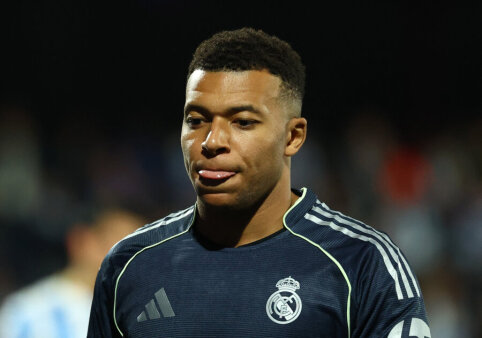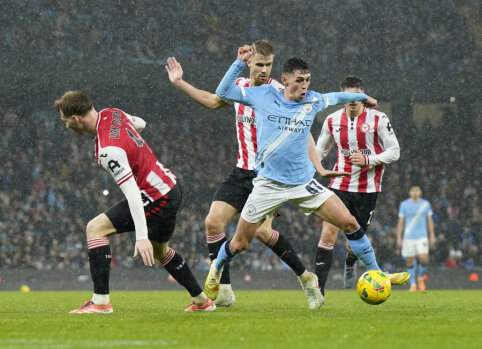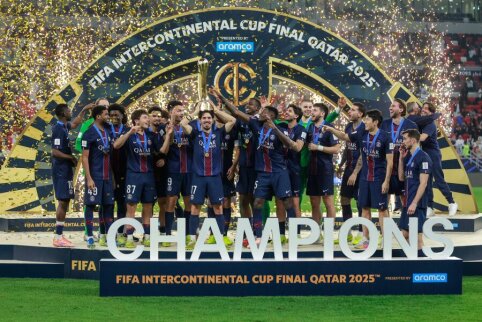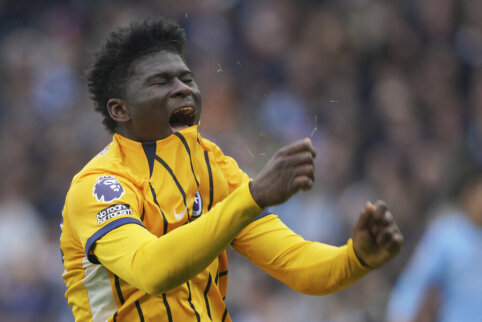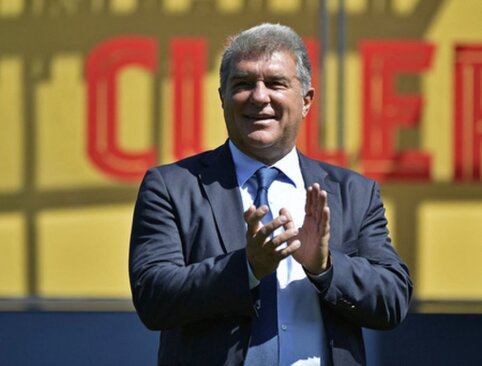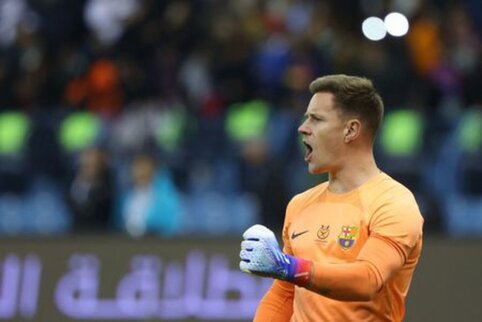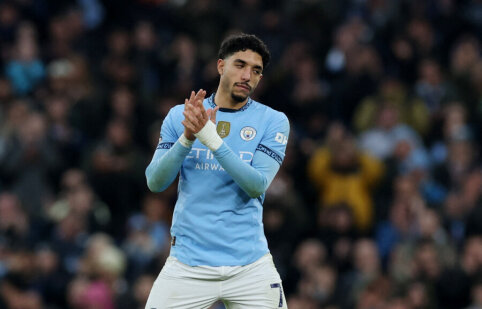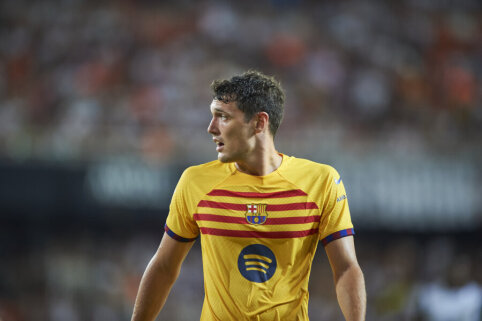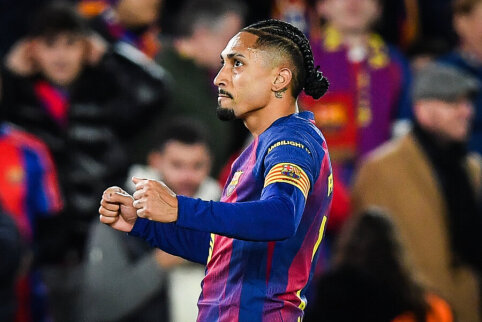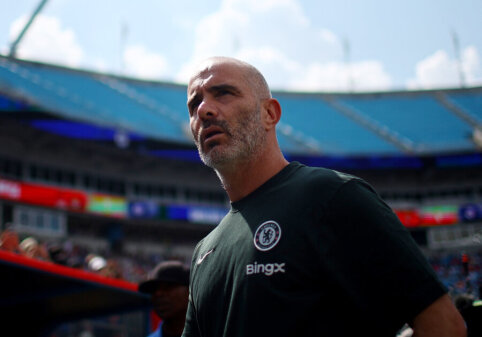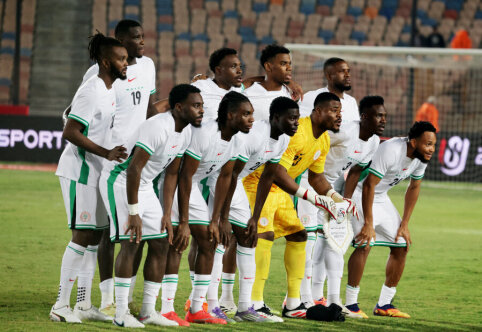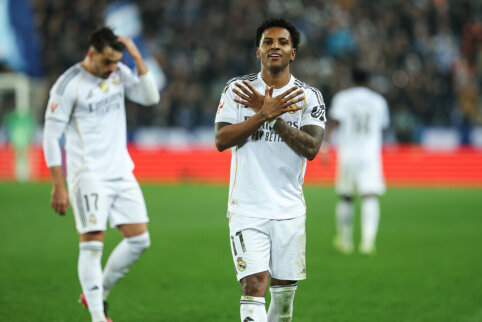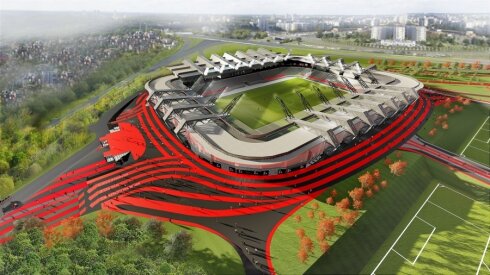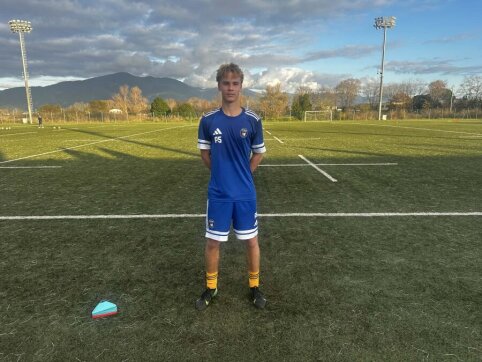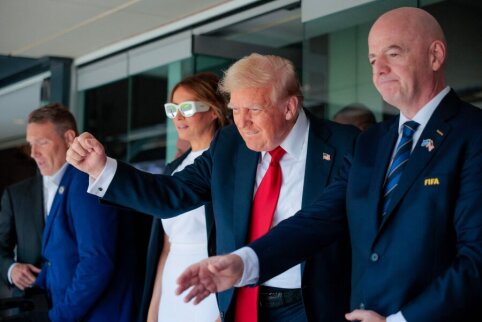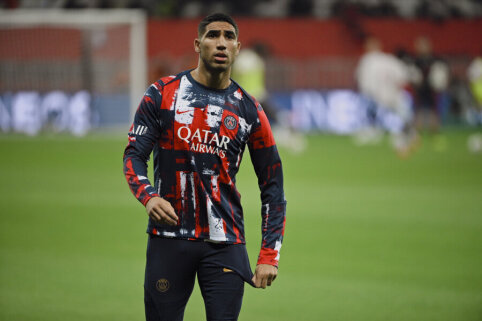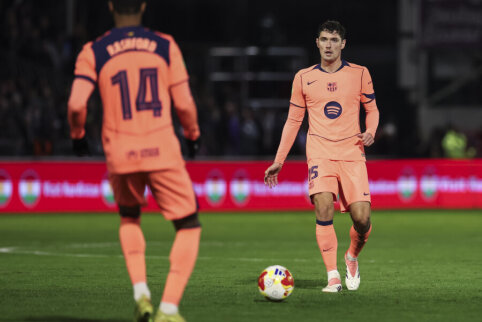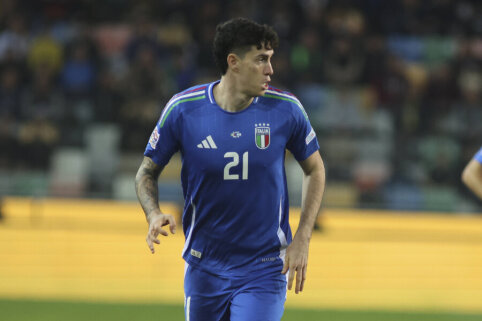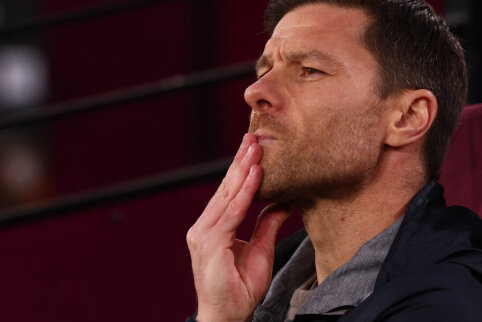 © EuroFootball.com
© EuroFootball.com
"Summary - we have wasted two years. We haven't gained anything during those two years, we haven't learned to attack, we haven't learned to defend, we haven't created a new team. We, like the USSR during the times of Leonid Brezhnev, are stagnating in place," said Algimantas Liubinskas, who coached the Lithuanian national team during the World Cup qualifiers in 1992-1995 and 2003-2008.
On Tuesday, Lithuanians played their last qualifying match. They lost 0:1 to the footballers of Bosnia and Herzegovina and finished fourth in a group of six teams, trailing behind the Bosnians, Greeks, and Slovaks, and surpassing the Latvians and Liechtensteiners.
For comparison: the Estonian national team, like Latvia, finished fifth in the group of six teams, Belarusians finished fifth out of five, and the Poles were fourth in a group of six teams in the tournament.
"Whether we played well or poorly, everyone can judge as they wish. We can evaluate that it is very good that we surpassed the Latvians. We can evaluate that we haven't achieved anything - we didn't overtake the Slovaks, we didn't try to fight for the 1-2 spots," Algimantas Liubinskas did not want to give a definitive assessment of this achievement.
During the qualifying stage, the Hungarian coach Csaba Laszlo, who prepared the team, was fired from the national team coaching position with two official matches left to play. He was temporarily replaced by Igor Pankratjevas, who was Cs. Laszlo's assistant until then.
Before the start of the qualifying stage, Cs. Laszlo was not given any specific requirements. It was said that good results were expected from the team under his leadership only in the 2014-2015 cycle, qualifying for the European Championships. Until then, the Hungarian had to build the team.
However, Algimantas Liubinskas believes that even team building was unsuccessful: "I said from the very beginning that there are no great opportunities in this stage and we need to think about the future. Finally, we have found Fedor Chernykh, we are gradually bringing Greta Sirgeda onto the field, in goal - Giedrius Arlauskis. And what about the others - footballers born in 1984? They are neither young nor old. They can play one or two cycles. Not more. We revived Mindaugas Kalonas. But we need to think about who will replace him? There was no clear strategy - how we need to prepare for the future."
